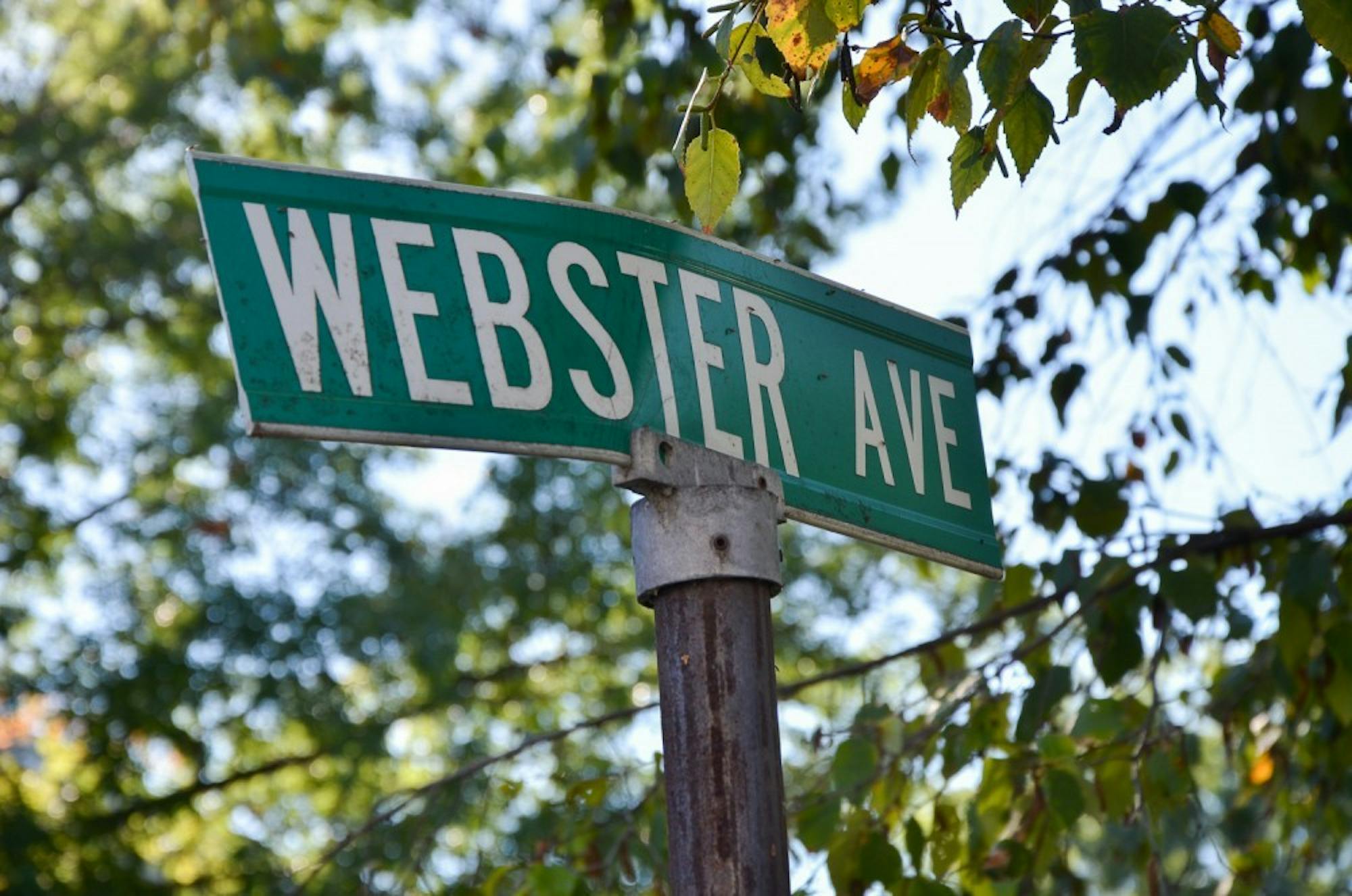Last week, I was walking down Webster Avenue with a friend when she made an offhand remark. As I was admiring frat row’s golden hour glow, my friend turned to me and said, “Look at all these courthouses.”
When I think of a judicial system, a Greek house isn’t the first thing that comes to mind. Open cans of Keystone and the sound of bouncing pong balls aren’t exactly courtroom professional, and it might feel logical to most to keep legal power as far as possible from the hands of 20-year-olds.
But over the past few weeks, Greek life has once again taken center stage in Dartmouth’s years-long epidemic of sexual violence. Sororities cancelled events with fraternities and have begun creating a list of demands for frats to implement before they fully resume social events. During a ten-week term, even just a week of suspension from the norm feels like a long time.
Personally, I have been struck by the incredible influence that Greek institutions hold over the social lives of Dartmouth students — and the ways this power can be used to both reinforce and reform harmful systems that contribute to the staggering number of sexual misconduct cases at Dartmouth.
By the numbers, somewhere between 60% and 70% of eligible Dartmouth students are affiliated. This means that the overwhelming majority of students are actively engaging with Greek spaces, and that the remainder are tangentially influenced by Greek life through affiliated friends and classmates.
If you want to go to a party at Dartmouth, odds are that it will be hosted by a Greek organization. So, decisions that come down from Greek house executive boards matter for almost the entire undergraduate population.
The unfortunate reality of sexual assault at Dartmouth is that most of it goes unreported and unpunished. According to the 2015 Campus Climate survey of Dartmouth, 63% of sexual assault cases go unreported to the College. Title IX investigations are time-consuming, and thanks to former Secretary of Education Betsy DeVos, they can include an invasive and potentially triggering cross-examination of the accuser. Because the official College judicial channels are underused, oftentimes, the consequences for sexual misconduct are carried out by private organizations — or, more often, not carried out at all.
When I joined the executive board of my sorority as house manager, I thought I would be mopping floors and dealing with parking permits. I had no idea that a large portion of my time would be spent navigating stressful, private situations like sexual misconduct. When I joined Greek life, I knew in my head that spending more time in Greek spaces is statistically shown to increase the risk of sexual assault. This knowledge, however, did not prepare me for the magnitude of the challenge it has been to attempt to make Greek spaces safe, nor did it prepare me to be part of a leadership body trying to address a campus saturated with sexual misconduct allegations.
Before this summer, I had no idea what the inner workings of Greek life looked like. The last time I participated in active Greek spaces was my freshman winter, since after that, COVID-19 put everyone on a forced hiatus from campus social life. So, this term is the first time in a while that we’ve dealt with running a “normal” social Dartmouth term, and the people that have been “running” it are largely ’23s with little experience in these positions.
If the past three weeks have taught me anything, it’s that “normal” operations are unacceptable. It shouldn’t be normal that fraternity members are three times more likely to sexually assault someone. The “normal” responsibilities of fraternity and sorority executive boards include making decisions that people with many more years of training than myself would still agonize over.
It’s an incredible responsibility for 20-year-olds to decide how to run social spaces where the majority of Dartmouth students spend their on-nights, but at the same time, turning over that decision-making power to the College may not be a better alternative. The reluctance of most sexual assault victims to use College resources speaks volumes.
Webster Ave was never intended to house the unofficial Dartmouth judiciary. But this school is small, the official disciplinary channels are weak and word of mouth travels even faster than Phil Hanlon’s emails.
On the one hand, I am proud to have been a part of the recent initiatives to make Greek spaces more safe, as limited as they might be. On the other hand, I know that Greek life is a fundamentally imbalanced and gendered system that places a scary amount of social power in the hands of a small group of students on executive boards. I’m going to continue living with this tension, as I imagine many of my peers will as well.
However, I refuse to accept this state of affairs as normal, and I hope that, out of this moment, we can begin to denormalize many of the Greek-promoted behaviors that have landed us in our current crisis.
Caris is a '23 from Long Beach, CA and is majoring in religion modified with art history. When not editing stories for the Mirror, you can find her playing club soccer, snowboarding at the Skiway or sipping coffee in Sherman Art Library. After college, she plans on attending graduate school in religion.




